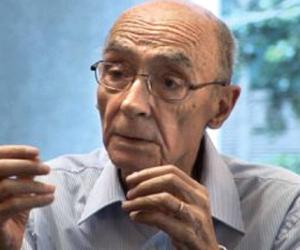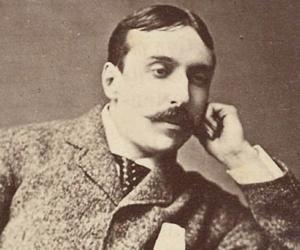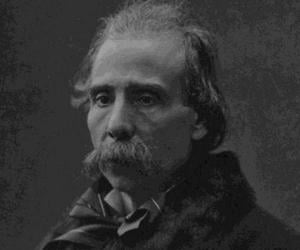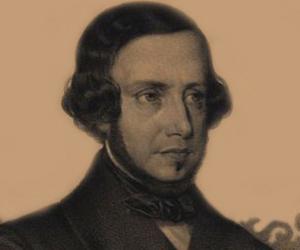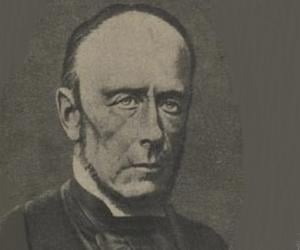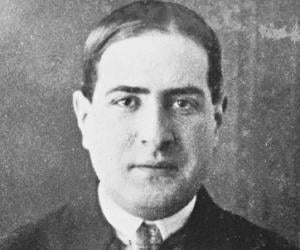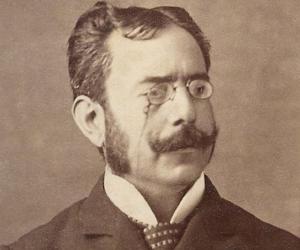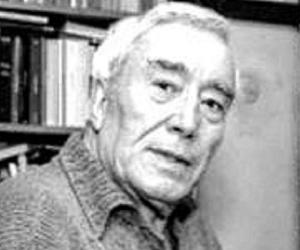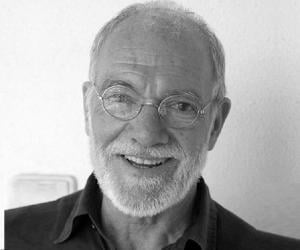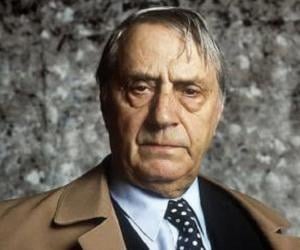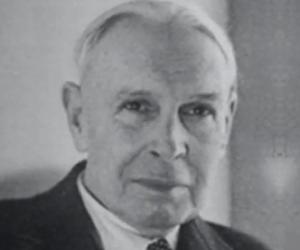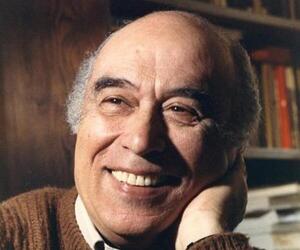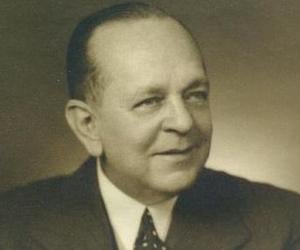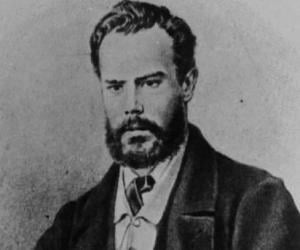1
José Saramago
(Portuguese Writer and Winner of the Nobel Prize for Literature in 1998)
Birthdate: November 16, 1922
Sun Sign: Scorpio
Birthplace: Azinhaga, Portugal
Died: June 18, 2010
José Saramago was a prominent Portuguese writer known for his imaginative and compassionate storytelling style. Awarded the Nobel Prize in Literature in 1998, Saramago's works often challenged historical events through allegorical narratives. Criticizing institutions like the Catholic Church and advocating for libertarian communism, he defended love as a means to enhance humanity. Despite facing political censorship, Saramago's influential literary contributions have been translated into 25 languages, making him a significant figure in the Western literary canon.
